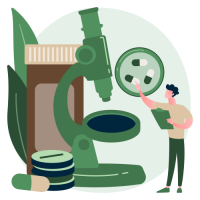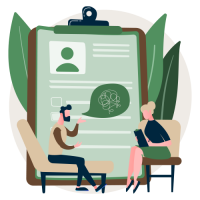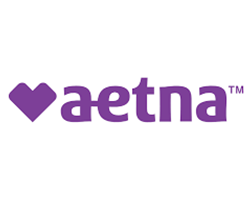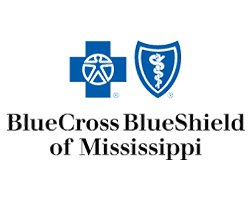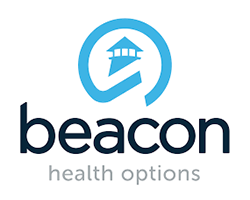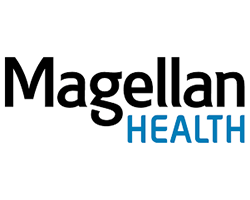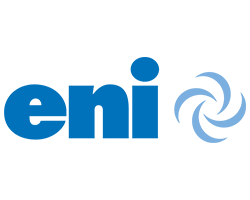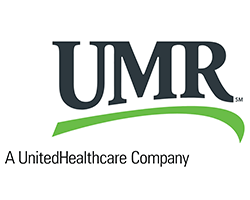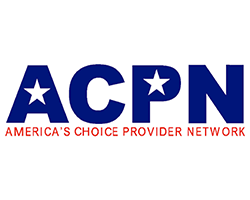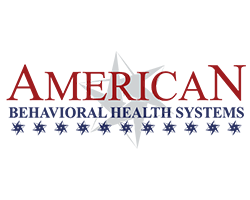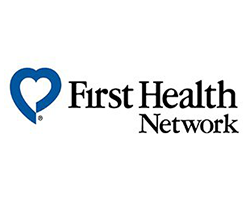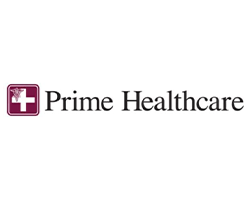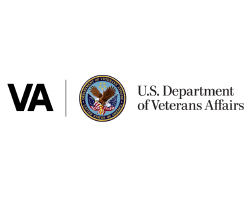Family therapy works to rebuild those damaged relationships by providing a safe space for each family member to express their thoughts, feelings, and concerns. Rather than placing blame, the goal is to foster understanding and empathy, helping the family to see how addiction or mental health issues have influenced their interactions.
At Woodland Recovery Center, we recognize that no family is the same. That’s why our family therapy program is tailored to meet the specific needs of each group. Whether it’s communication issues, unresolved trauma, or mental health concerns, family therapy can help everyone get on the same page to support their loved one’s recovery process. Call us at 662.222.2989 to learn more about our services.
Family Therapy Activities
Family therapy isn’t just about talking; it’s about doing. It’s about engaging in meaningful activities that help families reconnect and rebuild trust. These activities often provide a safe space where emotions can be expressed and deeper understanding can emerge. The goal is to shift from unhealthy communication patterns toward open, honest interactions that strengthen bonds rather than break them down.
In family therapy, you might find yourself participating in role-playing exercises, where family members switch roles to better understand one another’s perspectives. Imagine what it would be like to see things through your loved one’s eyes—to truly grasp the emotional challenges they’re facing. These exercises can uncover the root of misunderstandings and help everyone in the family feel seen and heard.
Family therapy activities are designed to rebuild the foundation that addiction may have shaken. The process isn’t always easy, and there may be moments of discomfort, but these activities foster understanding, empathy, and—most importantly—hope. Together, families can find new ways to communicate, support one another, and begin to heal, not just individually but as a unit.
Family Therapy Techniques
There’s no one-size-fits-all solution when it comes to family therapy. Instead, therapists use a range of techniques depending on the family’s specific needs. Here are some of the most commonly used family therapy techniques, especially in the context of addiction recovery:
Structural Family Therapy
Developed by Salvador Minuchin, structural family therapy focuses on identifying and reorganizing the family structure. In families impacted by addiction, boundaries can become blurred, and roles might shift in unhealthy ways.
For example, a child may take on the role of the parent, or one partner may become the enabler of their spouse’s substance use disorder. By reshaping these roles and clarifying boundaries, structural family therapy helps the family function in a healthier way.
Systemic Family Therapy
Systemic family therapy looks at the family as an interconnected system. This approach is useful in addiction treatment because it allows therapists to view how each family member’s behavior affects the others.
If one person changes their behavior—such as the person struggling with addiction—the rest of the family needs to adjust. Therapists help family members understand these dynamics, supporting recovery efforts within the household.
Functional Family Therapy (FFT)
FFT is an evidence-based intervention designed to treat adolescents and their families who face behavioral issues, including substance use disorders. This method focuses on improving family communication, reducing negativity, and enhancing problem-solving skills.
FFT therapists work with the family as a whole to understand the specific interactions that lead to conflict or enable harmful behavior. By addressing these issues, the family can develop more supportive relationships, which play a crucial role in recovery.
Marriage Counseling/Couples Therapy
Addiction can place a significant strain on marriages and intimate relationships. Couples therapy focuses on addressing how addiction has impacted the relationship and helps couples develop healthier communication and conflict-resolution strategies.
The therapist works with both individuals to explore their feelings and concerns, guiding them toward a mutual understanding. By creating a space where both partners can feel heard, couples therapy aims to strengthen the relationship while supporting the recovery process.
Strategic Family Therapy
Strategic family therapy is another effective approach used in addiction treatment. In this method, the therapist works closely with the family to identify specific problems that may be contributing to dysfunction, such as enabling behavior or poor communication.
The therapist then implements strategies to change these behaviors, helping the family create healthier patterns of interaction. Strategic family therapy is goal-oriented and often focuses on short-term interventions that can lead to long-term improvements in family dynamics.
Benefits of Family Therapy on Addiction Recovery
Family therapy can play a transformative role in the addiction recovery process, offering several key benefits that can help people and their families heal. Here are some of the benefits of family therapy in addiction recovery:
- Enhanced communication – Family therapy promotes open dialogue, allowing family members to express their thoughts and feelings in a safe environment. This can improve understanding and reduce conflicts.
- Strengthened relationships – By rebuilding trust and fostering empathy, family therapy helps repair relationships that may have been damaged by addiction.
- Support system development – Therapy sessions help families create a robust support network, which is essential for sustaining long-term recovery.
- Addressing enabling behaviors –Families can identify and modify behaviors that unintentionally support addiction, promoting healthier dynamics.
- Relapse prevention – Understanding the family’s role in recovery helps identify triggers and stressors, reducing the risk of relapse.
Through these benefits, family therapy not only enhances individual recovery but also strengthens the entire family unit as they navigate the journey together.
Call Woodland Recovery Center and Enroll in Family Therapy Today
At Woodland Recovery Center, we know that addiction recovery is a family journey. Our family therapy programs are designed to help your family rebuild trust, improve communication, and support your loved one through every stage of recovery. Whether you’re dealing with the strain of addiction or mental health challenges or simply need a better way to connect, we’re here to help.
Our licensed therapists are experts in family dynamics and addiction treatment, and we offer flexible programs to meet the needs of our clients. If you’ve been searching for a way to bring peace and understanding back into your home, enrolling in family therapy might be the next step. Don’t wait to get the support your family needs to heal and grow stronger together.
Ready to start your journey? Call Woodland Recovery Center today at 662.222.2989 or contact us online, and let us guide you toward a healthier, happier family life. Our compassionate team is here for you every step of the way.



